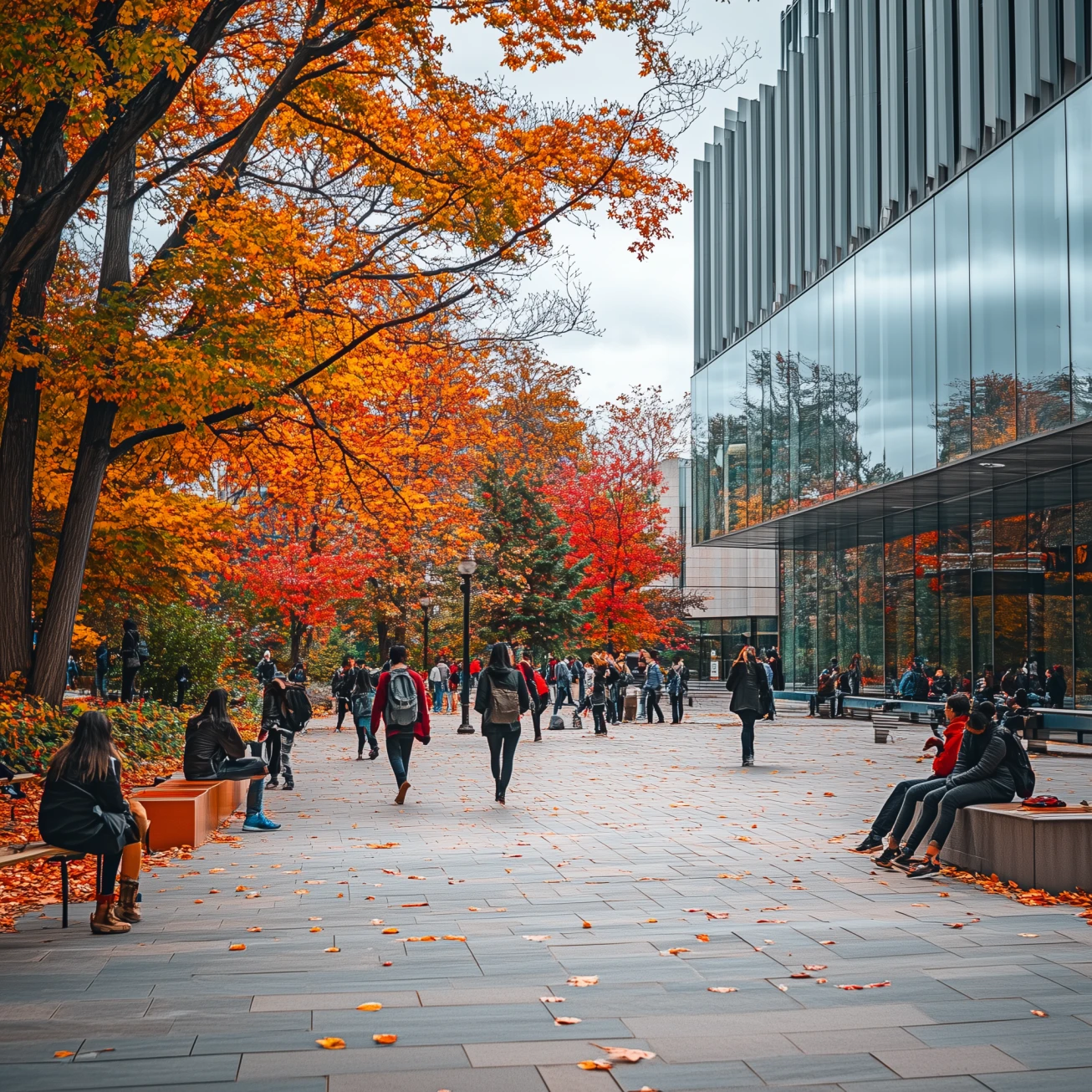Why Pursuing a Master's or PhD in Canada is More Advantageous Than Ever
Sep 1, 2024

Recent changes announced by Immigration, Refugees and Citizenship Canada (IRCC) have made pursuing a master's degree or PhD in Canada more attractive than ever for international students. These updates to the Post Graduate Work Permit (PGWP) program offer significant benefits, making Canada an even more appealing destination for higher education.
Longer Post Graduate Work Permits for Master's and PhD Graduates
One of the most notable changes is that international students who complete a master's or PhD program in Canada will now be eligible for a generous three-year Post Graduate Work Permit, regardless of the duration of their studies.
Previously, the length of the PGWP was tied to the length of the study program, limiting work opportunities for graduates of shorter programs. This extension provides master's and PhD graduates with ample time to gain valuable Canadian work experience and potentially transition to permanent residence.
Open Work Permits for Spouses of Master's and PhD Students
Another significant advantage is that the spouses of international students enrolled in master's and doctoral programs will now be eligible for open work permits. This change allows couples to stay together in Canada while the primary student pursues their advanced degree. In the past, this benefit was available to spouses of students in various levels of education, but it is now exclusively offered to those in master's and PhD programs. Having the ability to work in Canada can greatly ease the financial burden on international student families.
Enhanced Pathways to Permanent Residence
The combination of a longer PGWP and Canadian work experience can greatly improve the chances of securing permanent residence in Canada. Many immigration pathways, such as the Express Entry system, highly value Canadian work experience and advanced education from Canadian institutions. By earning additional points in these categories, master's and PhD graduates can significantly boost their prospects of being invited to apply for permanent residence.
Access to Provincial Nominee Programs
Several Canadian provinces offer specific streams within their Provincial Nominee Programs (PNPs) designed for graduates of advanced degree programs. For example, Ontario has the Masters Graduate Stream and the PhD Graduate Stream, while British Columbia offers the International Post-Graduate Category. These PNP streams provide additional opportunities for master's and PhD graduates to secure permanent residence in their chosen province.
Conclusion
The recent changes to the PGWP program and spousal work permits have made Canada an even more desirable destination for international students seeking advanced degrees. With the promise of a three-year work permit, the ability for spouses to work, and enhanced pathways to permanent residence, pursuing a master's or PhD in Canada is now more advantageous than ever. These updates demonstrate Canada's commitment to attracting and retaining highly skilled talent from around the world.
If you’re considering pursuing a master’s or PhD in Canada and would like to learn more about how these changes could benefit you, Blacksy is here to help. Contact us for further guidance and personalized advice on studying and immigrating to Canada.
—o—
About the Author
I’m Ahmet Faruk Ocak, a Canadian immigration lawyer and the founder of Blacksy Immigration Law Firm 🌊.
At Blacksy, we specialize in providing honest, straightforward, and tailored immigration solutions to individuals and businesses worldwide. Our brand promise is simple: no unnecessary fuss, no false hopes, and no empty promises—just realistic, reliable guidance to help you achieve your immigration goals.
Whether you’re expanding your business to Canada, transferring top talent, or planning your future here, we’re here to guide you with precision, transparency, and care.
Visit us at www.blacksyimmigration.com to learn more or to start your journey.
